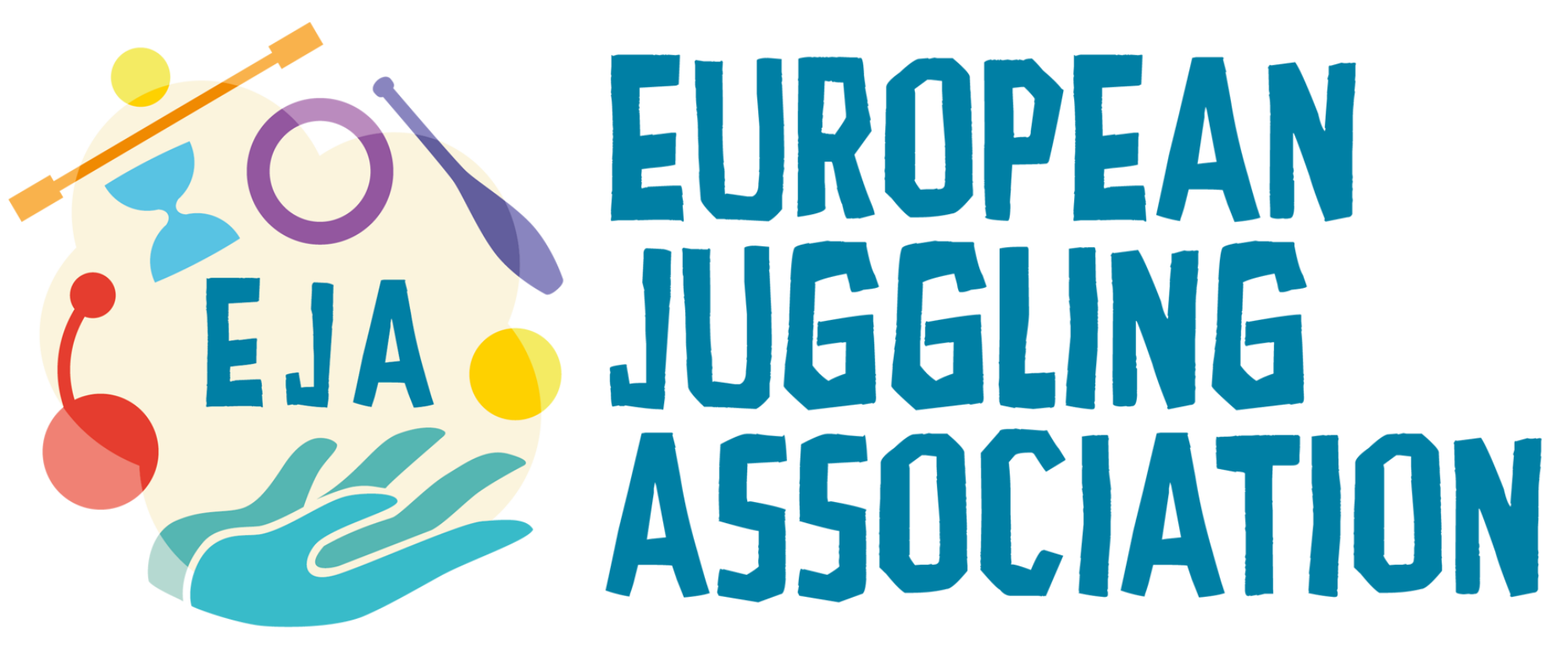When proposing to host the European Juggling Convention (EJC), several key aspects need to be considered to ensure a successful event. Below is a list of important factors to include in your proposal, covering logistics, venue requirements, and organizational planning. Please review these points carefully as you prepare your proposal to ensure a strong and well-rounded submission.
Venue
- Location: Where is the proposed venue, and how accessible is it (e.g., by public transport, car, or nearby airports)?
- Capacity: Can the venue accommodate the expected number of participants (including camping and event spaces)?
- Facilities: What facilities are available (e.g., sports halls, stages, kitchens, showers, toilets)?
- Availability: Is the venue available for the proposed dates, including setup and teardown time?
- Outdoor Space: Is there adequate outdoor space for activities such as juggling games, camping, or food vendors?
- Weather Considerations: What is the typical weather during the proposed dates, and are there contingency plans for rain or heat?
Team
- Experience: Who is in the core organizing team, and what relevant experience do they have (e.g., organizing events, juggling, circus arts)?
- Commitment: How many volunteers are committed, and what roles do they intend to fill?
- Support: Are there local groups or organizations supporting the team (e.g., juggling clubs, cultural organizations)?
- Connections: Does the team have access to professionals for specialized tasks (e.g., technical setup, legal advice, accounting)?
- Sustainability: How does the team plan to manage volunteer recruitment and prevent burnout?
Legal
- Legal Entity: Is there a legal entity (e.g., association, non-profit) to handle contracts, finances, and liabilities?
- Permissions: Are there any known legal or administrative hurdles (e.g., permits for public events, noise regulations)?
- Insurance: What are the preliminary plans for event insurance (e.g., liability, participant safety)?
- Local Laws: Are there any local laws or ordinances that could impact the event (e.g., curfews, alcohol regulations)?
- Contracts: Are there existing agreements or partnerships with the venue or local service providers?
Budget
- Preliminary Budget: What is the estimated overall budget, and how is it broken down (e.g., venue, logistics, staff, programming)?
- Funding: What funding sources are anticipated (e.g., ticket sales, local government grants, sponsorships)?
- Costs: Are there any significant cost considerations or risks (e.g., high rental fees, large upfront deposits)?
- EJA Support: Are there specific areas where the team expects to need financial or material support from the EJA?
- Contingency Plan: How does the team plan to manage unexpected expenses or lower-than-expected ticket sales?
Scenarios
In addition to the above points, the proposal should consider how the event scales for small (~1,000 attendees), medium (~3,000 attendees), and large (~5,000+ attendees) scenarios. Highlight key factors influenced by the size of the event, such as venue capacity, staffing needs, budget adjustments, infrastructure (e.g., camping and facilities), and logistical complexity. This ensures the proposal demonstrates readiness and adaptability for varying attendance levels.
